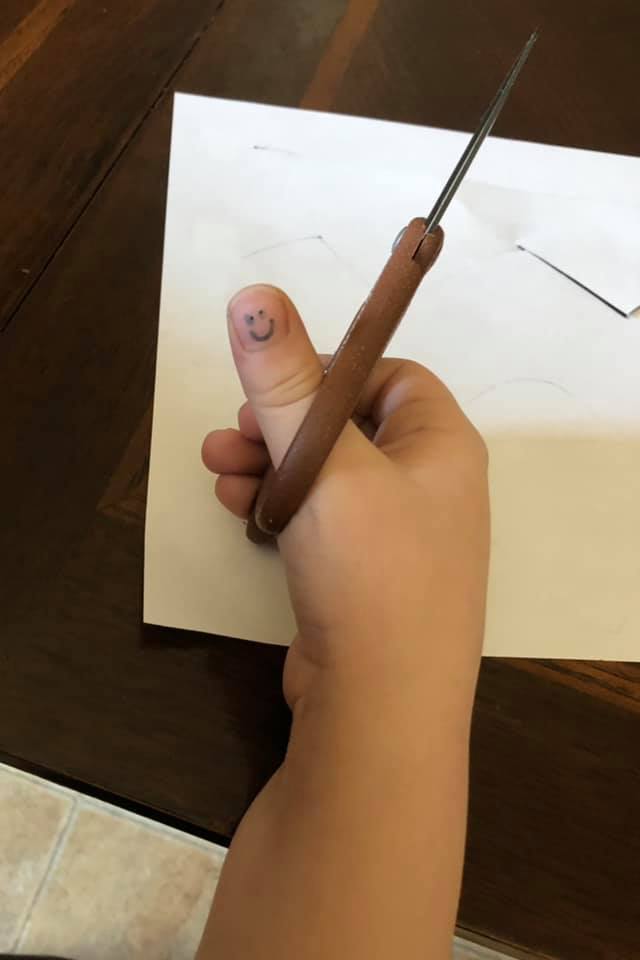Disciplining a preschooler can be one of the most challenging phases of parenting. It requires a lot of patience and know-how. There are all types of parenting recommendations and advice available, and there’s no one-size-fits-all approach for every parent. One approach may even have worked with your child last week, but it may not work the next time. We can all agree, managing children’s behavior difficulties during their preschool years can be challenging. This is where the importance of positive discipline for preschoolers comes into play.
Challenging behavior is a natural part of a preschooler’s development. At this stage, kids begin to establish independence and push their boundaries from time to time. This quest for autonomy results in trying out new behaviors. However, because of their unrefined motor and verbal skills, they may become frustrated about not being able to do what they want to do, which can lead to difficult behaviors.
Instilling discipline in a preschooler goes beyond teaching your child the difference between right and wrong. When parents use positive discipline, the focus shifts from negative actions and misbehavior to encouraging positive behaviors while also addressing the difficult ones.

Be a good role model
Learning appropriate behavior starts at home. As parents, we are our kids’ first teachers, not only in terms of literacy but also when it comes to teaching them values and appropriate behaviors. This is best accomplished by setting a positive example for children to follow.
Talking about the difference between right and wrong at home is a good start, but that alone is not enough to instill discipline in children. We have to be model positive actions for our kids because they observe everything we say and do. Be sure to display the kinds of behavior you want your preschooler to emulate. If you want your child to be kind and compassionate, make sure that these values are also displayed by you and other members of your family.
Determine the root cause of the behavior
One common mistake many parents make is that they are quick to react to the behavior before hearing all of the information. Let’s admit it, many of us find ourselves screaming at our children as an immediate reflex.
It’s important to remember that kids don’t just misbehave for no reason. Your child doesn’t just have a tantrum throw his or her toy without a reason. There are always underlying triggers for why children behave the way they do. It’s our job as parents to find out why.
Take time to learn about the root cause of your child’s behavior. Find out what triggered his or her actions before giving a consequence. Maybe your little one was trying to get your attention. Perhaps your child was triggered by his or her sibling’s actions and responded in an inappropriate way.
Empathize
When children misbehave, our initial reaction is usually to get angry or yell. Instead of this knee-jerk reaction, have you ever tried meeting your child’s misbehavior with empathy? Parenting doesn’t have to entail constant stress as long as you know how to deal with the challenges in a composed and calm manner.
So, how does one do this? you do it? When your child throws a toy, try approaching the incident with a sense of calm instead of getting irritated or angry. Find out the reason behind your child’s actions and help your little one feel that he or she is understood. You can say something like, “I understand you were upset when your sister accidentally destroyed your favorite doll. I’d be upset if that happened to me too. But that isn’t a good way to express our feelings, and we will have to deal with that, but not right now.”
Strengthen your bond with your child
Giving children consequences for misbehavior shouldn’t make them feel unloved or unwanted. Make sure your child never questions your love and understands that disciplining him or her is a form of love. Instilling discipline needs to be coupled with love and affection. Positive behaviors will follow when children feel safe and secure in their parents’ love.
Parenting styles come in different forms. If you feel like you’ve already tried a bunch of strategies and none of them are working, you might want to consider incorporating positive discipline when it comes to your parenting approach. These tips can help you practice positive discipline with your preschooler.
For more tips and resources on parenting, please visit Young Scholars Academy.



